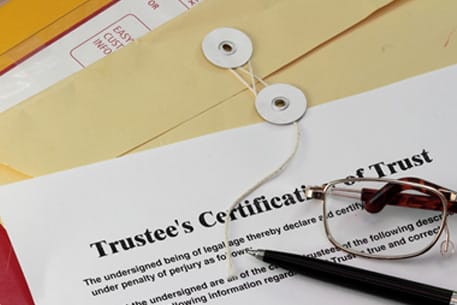When a will is “holographic,” it means that the will was handwritten and/or unwitnessed. This means that the testator may have written the will by hand in his or her own handwriting, and then signed the will without proper witnesses. Alternatively, the will may have been typed up and signed, but not in front of proper witnesses.
Holographic wills are some of the easiest estate planning documents for disgruntled heirs to challenge. For example, an heir might challenge the will and say that the testator in question didn’t write the will by showing evidence that the handwriting doesn’t belong to the testator. Alternatively, the holographic will could be discredited as a result of not having the appropriate witnesses.
In the state of Illinois, two witnesses need to sign a will and they need to be non-beneficiaries. Perhaps one of the witnesses was a beneficiary of the will, or maybe there were no witnesses at all. In both of these cases, the will would be deemed “holographic,” and more vulnerable to contestation. In order for a holographic will to withstand a will contest, the court must have proof that all of the will was drafted in the testator’s own handwriting. The court must also have sufficient proof that the document was created to serve as the testator’s will.
If your deceased loved one left behind a holographic will, it’s important to understand the law as it applies to these wills in Illinois. Depending on your situation, you might feel it is appropriate to defend the will; or, you might feel that the will should be invalidated as an inaccurate document. Regardless of your situation, the more you understand how probate courts view these documents, the better chances you’ll have of navigating this legal issue successfully.











